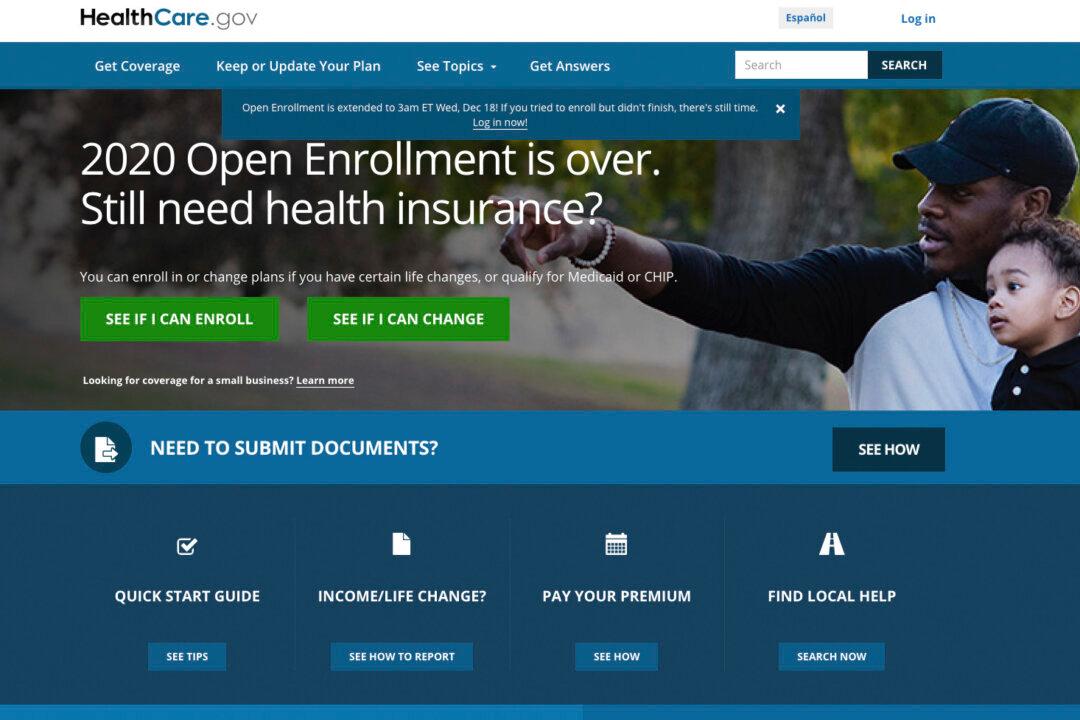Commentary
Hospitals struggling to treat waves of very sick people now face a new threat: millions of uninsured Americans pounding at their gates. How can the hospitals afford to treat them, even if they have the beds?

Hospitals struggling to treat waves of very sick people now face a new threat: millions of uninsured Americans pounding at their gates. How can the hospitals afford to treat them, even if they have the beds?